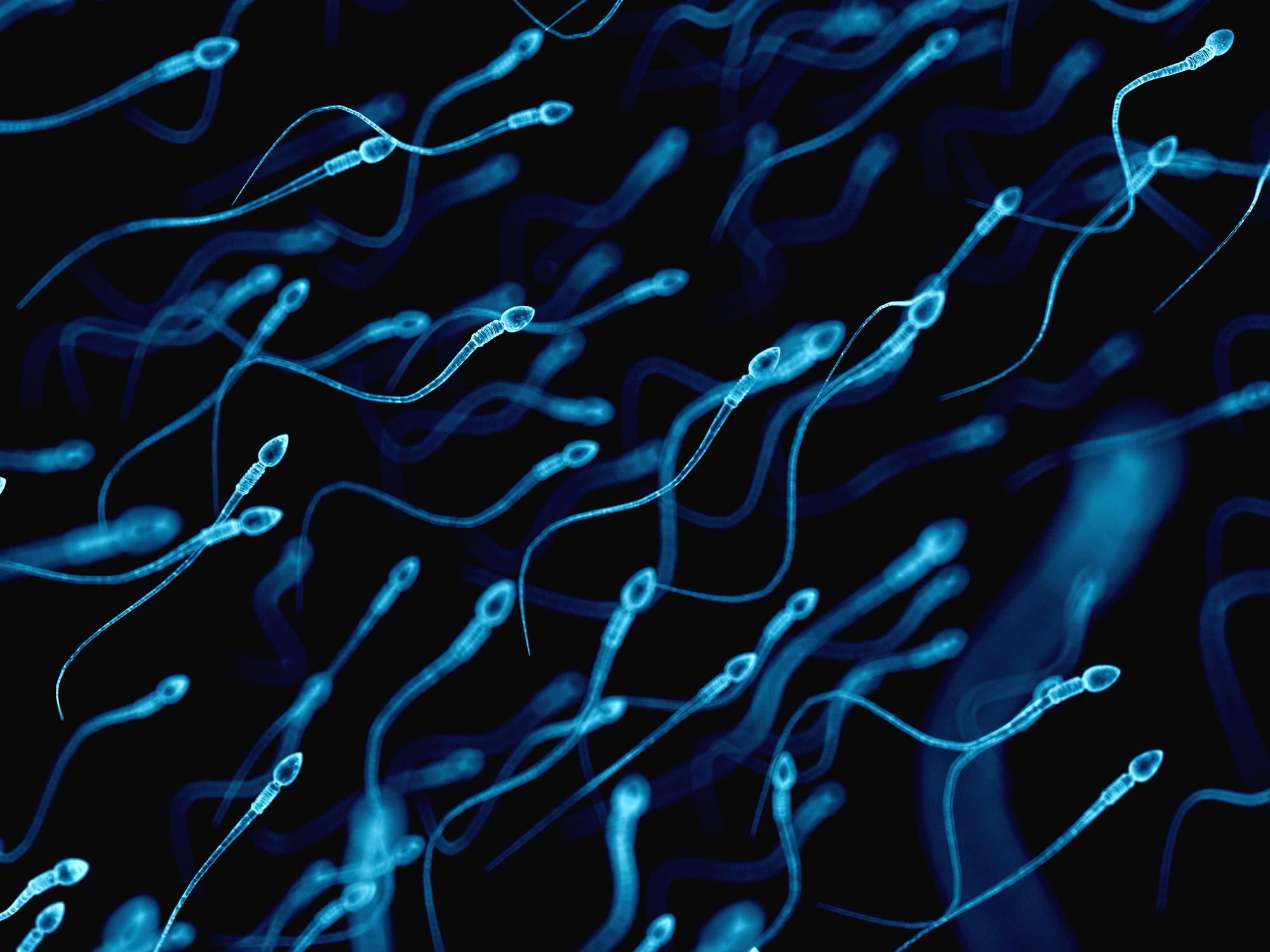Child abuse leaves molecular ‘scars' in DNA of victims’ sperm, new study suggests
'We already know there are a lot of behavioural mechanisms by which trauma has negative effects on the next generation... This is another possible pathway'

Your support helps us to tell the story
From reproductive rights to climate change to Big Tech, The Independent is on the ground when the story is developing. Whether it's investigating the financials of Elon Musk's pro-Trump PAC or producing our latest documentary, 'The A Word', which shines a light on the American women fighting for reproductive rights, we know how important it is to parse out the facts from the messaging.
At such a critical moment in US history, we need reporters on the ground. Your donation allows us to keep sending journalists to speak to both sides of the story.
The Independent is trusted by Americans across the entire political spectrum. And unlike many other quality news outlets, we choose not to lock Americans out of our reporting and analysis with paywalls. We believe quality journalism should be available to everyone, paid for by those who can afford it.
Your support makes all the difference.Child abuse may leave marks that go even deeper than psychological trauma by physically etching itself into people’s DNA, according to a new Harvard study.
Research based on a small sample of men found differences in chemical marks within the genetic code of those who have experienced abuse as children.
The scientists examined a chemical process termed methylation in DNA from sperm samples, and found noticeable differences that appeared to distinguish victims and non-victims.
Not only do these findings suggest a long-term physical impact of trauma, the presence of these changes in sperm cells suggests its legacy may even be passed between generations.
“We already know there are a lot of behavioural mechanisms by which trauma has negative effects on the next generation,” Harvard scientist Dr Andrea Roberts told The Independent.
“Trauma obviously really affects the behaviour of people traumatised. It often makes them depressed, it gives them post-traumatic stress disorder, and those mental health conditions affect their parenting and affect the kids.
“This is another possible pathway.”
Methylation is a process by which a structure termed a methyl group is added to a strand of DNA, and it can act as a “dimmer switch” on genes.
Though research into this process is still in its infancy, scientists think it is influenced by conditions such as life experiences and physical environment.
While methylation marks on DNA have been described as “molecular scars” by some commentators, Dr Roberts said the truth is that the impact – positive or negative – of this process is still largely mysterious in humans.
However, extensive experiments in mice have suggested that when it strikes sperm cells methylation can transmit health problems to offspring.
“Some very good findings from mice have shown that early life stressors affect the marks on the sperm, and then in turn those affect the health of the offspring in particular creating a kind of anxious behaviour,” said Dr Roberts.
In their sample of 34 men, all of which were taking part in a long-term study coordinated by Harvard's TH Chan School of Public Health, 22 had suffered some kind of abuse as children.
Within those samples they identified 12 areas of DNA that had been consistently struck by some degree of methylation “dimming” in the abuse victims.
If this effect is consistently seen in larger studies and can be explained in greater detail, the scientists suggest it could have practical applications in a legal setting.
"Methylation is starting to be viewed as a potentially useful tool in criminal investigations – for example, by providing investigators with an approximate age of a person who left behind a sample of their DNA," said Dr Michael Kobor of the University of British Columbia, senior author of the Translational Psychiatry study.
"So it's conceivable that the correlations we found between methylation and child abuse might provide a percentage probability that abuse had occurred."
However, this vision is still a long way from reality, and the process of conception adds further complications as it reshuffles lots of the fathers’ genetic material and potentially erases many of the changes that occurred previously.
Dr Roberts said there is a need to replicate their findings, but described this as a step towards establishing a long-term impact of abuse that can transcend generations.
Join our commenting forum
Join thought-provoking conversations, follow other Independent readers and see their replies
Comments